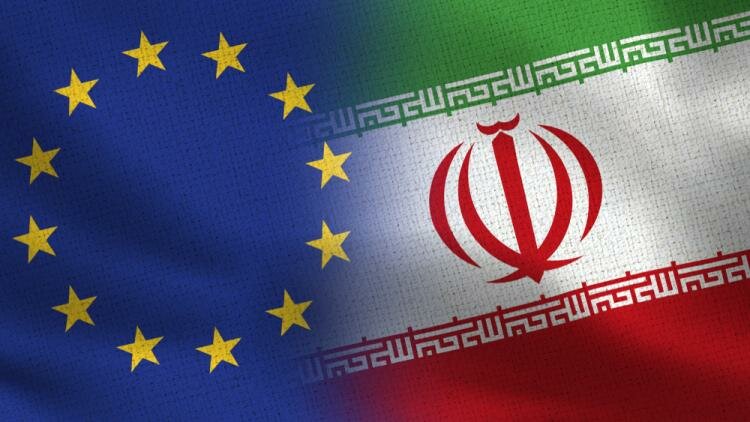Iran, EU will try to preserve nuclear deal: professor

TEHRAN – A professor of political science at University of North Texas says that the European Union and Iran will try to preserve the 2015 nuclear deal between Tehran and world powers.
In an interview with the Iran Labor News Agency published on Sunday, Michael Greig said the deal was a good step toward stability in the region.
Greig said: “My guess is that Iran and Europe will try to sustain the agreement until the next U.S. presidential election, in the hopes that if Trump loses the election, the next U.S. president will re-join the agreement.”
“Key to that possibility is that Iran remains complaint with the terms of the agreement.”
The nuclear deal, officially called the Joint Comprehensive Plan of Action (JCPOA), was endorsed by the UN Security Council Resolution 2231.
Regarding Trump's decision to leave the pact, Greig said, “I’m not sure that there is much positive to say about the decision by Trump. As for negative outcomes, it created divisions between the U.S. and Europe, and empowered the positions of hardliners in both the U.S. and Iran, and it also provided a bad example for North Korea in its negotiations with the U.S.”
The U.S-based analyst further said “American politics is hard to predict this far away from a presidential election. Trump’s current public opinion polls are quite negative, which suggest that his reelection is far from certain.”
He added, “Iran has complained about the delay in announcing the European Union's financial mechanism, and within it, some believe that this mechanism is not enough to meet all the obligations of Europeans in the end.”
Washington withdrew from the internationally-endorsed 2015 nuclear deal with Iran in May 2018, re-imposed the toughest-ever sanctions against the country and started a plan to zero down Tehran's oil sales.
Under the nuclear agreement reached between Iran and six world powers in July 2015, Tehran undertook to put limits on its nuclear program in exchange for the removal of economic and financial sanctions.
Yet, Iran continued compliance with the deal, stressing that the remaining signatories to the agreement, especially the Europeans, had to work to offset the negative impacts of the U.S. pullout from the agreement if they want Tehran to remain in compliance. The Iranian officials had earlier warned that the European Union’s failure in providing the needed ground for Tehran to enjoy the economic benefits of the nuclear deal would exhaust the country’s patience.
Almost a year later, however, the EU failed to provide Tehran with its promised merits. Then, the U.S. State Department announced that it had not extended two waivers, one that allowed Iran to store excess heavy water produced in the uranium enrichment process in Oman, and one that allowed Iran to swap enriched uranium for raw yellowcake with Russia.
Then Iran gave Europe 60 days to either normalize economic ties with Iran or accept the modification of Tehran’s obligations under the agreement and implement its proposed INSTEX to facilitate trade with Iran.
Iran also set up and registered a counterpart to INSTEX called Special Trade and Financing Instrument between Iran and Europe (STFI) to pave the way for bilateral trade.
SP/PA
